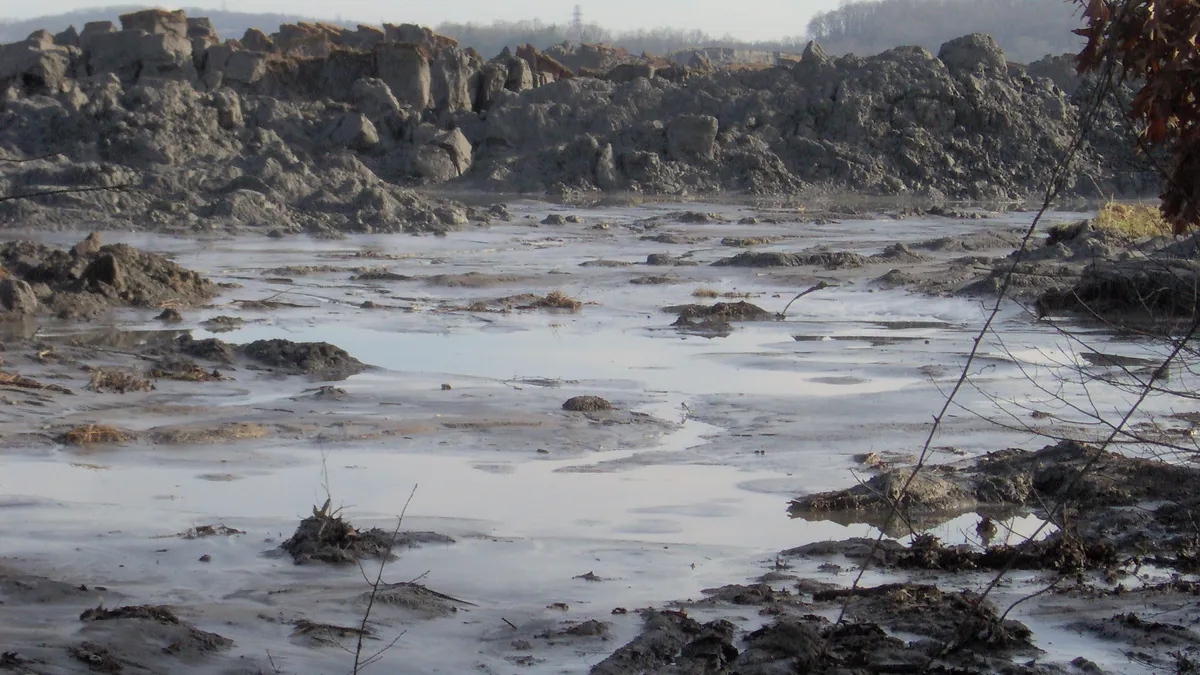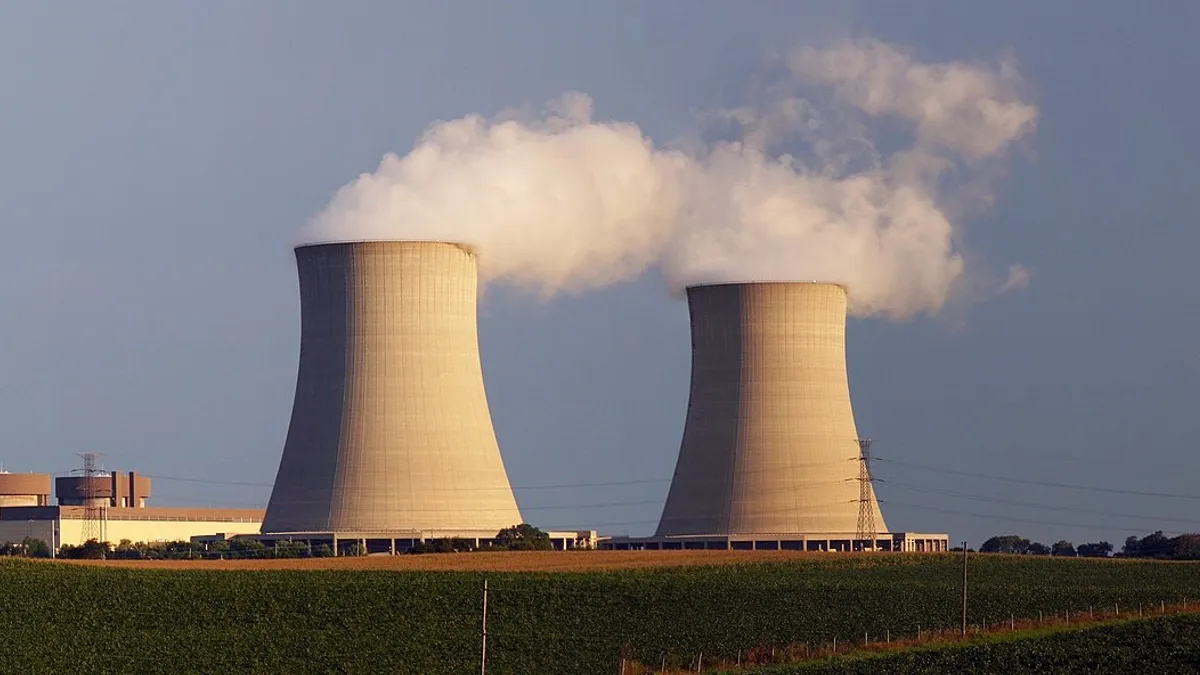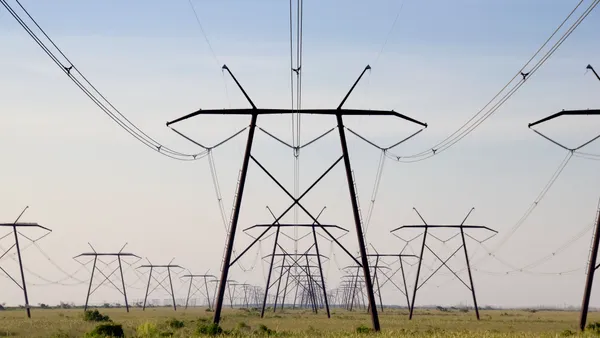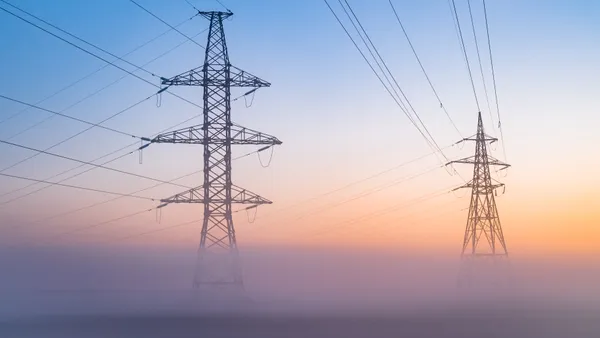Dive Brief:
- Georgia Power will halt coal ash disposal in all 29 of its ponds within three years, speeding up the timeline to close the ponds, the Atlanta Journal-Constitution reports.
- A Georgia Power official said the pricetag for closing the ponds and preventing operating coal-fired plants from generating more "wet ash" will run about $1.5-2 billion.
- The news was welcomed by environmental groups and puts Georgia on a similar path to neighboring states, which have ongoing coal ash pond closures and cleanups.
Dive Insight:
Georgia Power's decision to accelerate the closing of its coal ash ponds is welcome news to communities worried about the potential leaching of toxic metals, arsenic and lead into groundwater.
Previously, the utility, a Southern Co. subsidiary, decided to close its ponds within 14 years, with 12 of 29 to be completely cleaned up in two years and the other 17 set to be completely closed and cleaned up over the next 14 years.
The AJC reports that the utility will completely remove ash from 16 of those ponds and enclose the remaining 13 with concrete barriers and other measures to prevent ash from leaching into groundwater. Aaron Mitchell, Georgia Power's general manager for environmental affairs, told the news outlet that the ramped up timeline was not spurring by any state, federal and legal actions pushing to close down coal ponds.
“This is part of a whole process. We’ve done more engineering. We understand the methods of pond closure,” Mithcell told AJC. “This is the best decision for our customers and the best way to quickly go about compliance in a reliable manner.”
Concerns over coal ash ponds gained momentum after the 2014 coal ash spill in the Dan River in North Carolina from one of Duke Energy's ponds. The spill led the U.S. Environmental Protection Agency to impose coal ash disposal regulations in the same year, but affected communities and advocacy groups are questioning whether the federal coal ash rule and state regulations are doing enough to clean up the toxic waste facilities. Utilities such as Duke Energy, however, argue that the structure of the EPA rule, coupled with state requirements, makes it difficult and costly to comply.
The AJC reports that the Georgia Environmental Protection Division is hashing out regulations of its own that will be more stringent than the federal EPA regulations.












